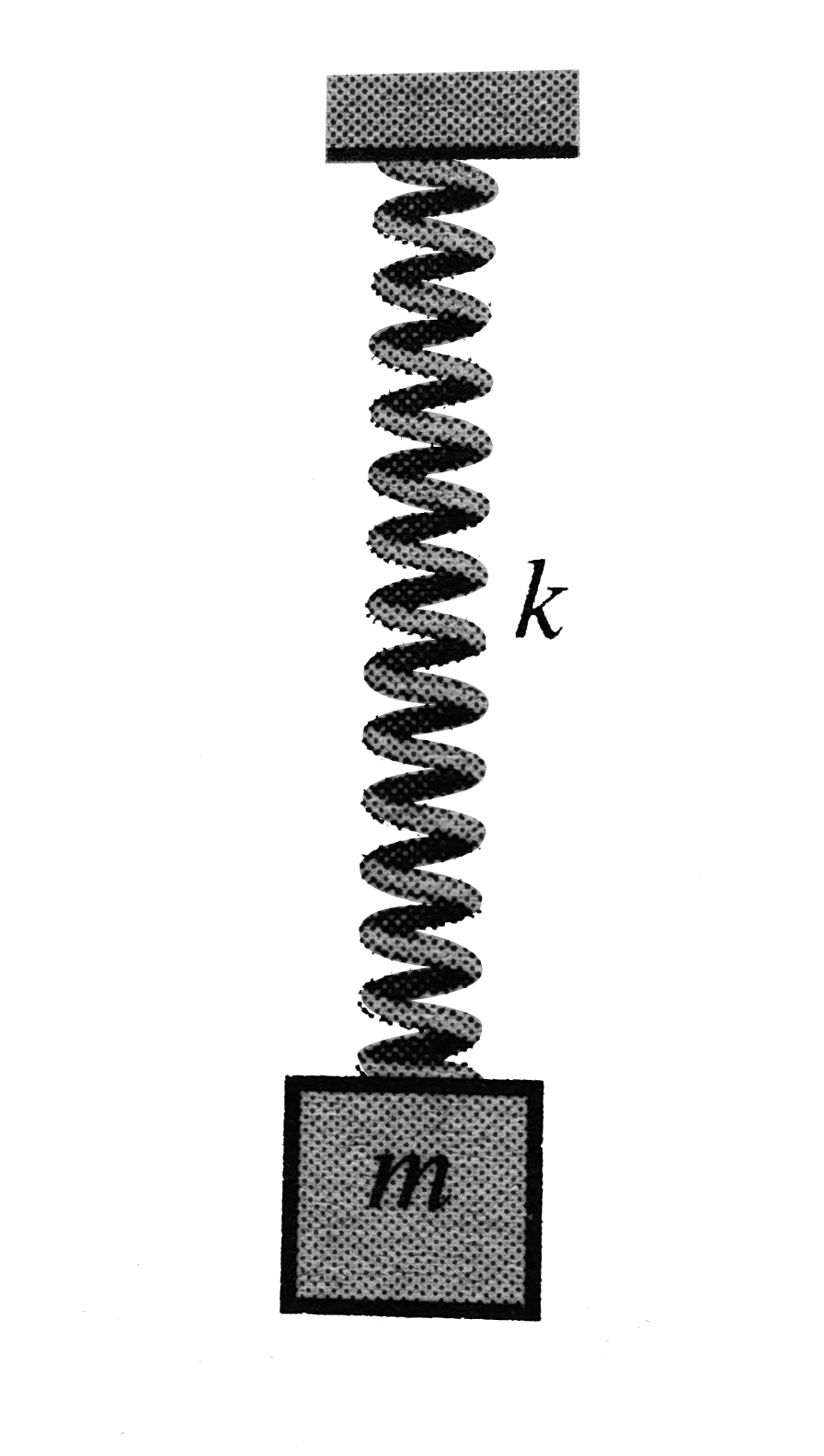Mark out the correct options.
A
Diamagnetism occurs an all materials.
B
Diamagnetism result from the partial alignment of permanent magnetic moment.
C
The magnetising field intensity H is always zero in free space.
D
The magnetic field of induced magnetic moment is opposite to the applied field.
Text Solution
The correct Answer is:A, D
When a material is placed in magnetic field, dipole moments are induced in the atoms by the applied magnetic field. Since the direction of magnetic field due to induced dipole moment is opposite to the applied magnetic field. Therefore, resultant magnetic field is smaller than the applied magnetic field. This process is called diamagnetism. As this process takes place for all the material, therefore all the material exhibit diamagnetism. Hence, option (a) and (d) are correct.
Diamagnetic material do not have permanent magnetic moment on their own. When they are placed in magnetic field, dipole moments are induced by the applied magnetic field. Thus, there is no net alignment of permanent magnetic moment so these materials do not have any permanent magnetic moment of their own. Hence, option (b) is incorrect.
Magnetic field intensity is not vero in free space. Hence, option (c) is incorrect.
|
Topper's Solved these Questions
- MAGNETICSBOOK - MTG-WBJEECHAPTER - MAGNETICSEXERCISE - WB JEE Previous Years Questions (Category 1 :single option correct type)
4 Videos
- MAGNETICSBOOK - MTG-WBJEECHAPTER - MAGNETICSEXERCISE - WB JEE Previous Years Questions (Category 2 : Single Option Correct Type)
1 Videos
- MAGNETICSBOOK - MTG-WBJEECHAPTER - MAGNETICSEXERCISE - WB JEE WORKOUT (Category 2 : Single Option Correct Type)
16 Videos
- MAGNETIC EFFECT OF CURRENTBOOK - MTG-WBJEECHAPTER - MAGNETIC EFFECT OF CURRENTEXERCISE - WB JEE Previous Years Questions
22 Videos
- MODEL TEST PAPER 1 BOOK - MTG-WBJEECHAPTER - MODEL TEST PAPER 1 EXERCISE - PHYSICS (Category) 3 : Single Option correct type (2 mark)
5 Videos
Similar Questions
Knowledge Check

For the spring pendulum shown in fig. the value of spring constant is 3×104Nm and amplitude of oscillation is 0.1m. The total mechanical energy of oscillating system is 200 J. Mark out the correct option (s).AMinimum PE of the oscillating system is 50 JBMaximum PE of the oscillating system is 200JCmaximum KE of the oscillating system is 200 JDminimum KE of the oscillating system is 150 J.Mark the correct options (s).
Atwo stram lines may cross each otherBtwo stram lines must cross each otherCtwo stram lines never cross each otherDNone of the aboveMark the correct options :
AIf the far point is 1m away from the eye, diverging lens should be used,BIf the near point is 1m away from the eye, divergent lens should be used,CIf the far point goes ahead, the power of the divergent lens should be reduced,DIf the near point goes ahead, the power of the convergent lens should be reduced.
